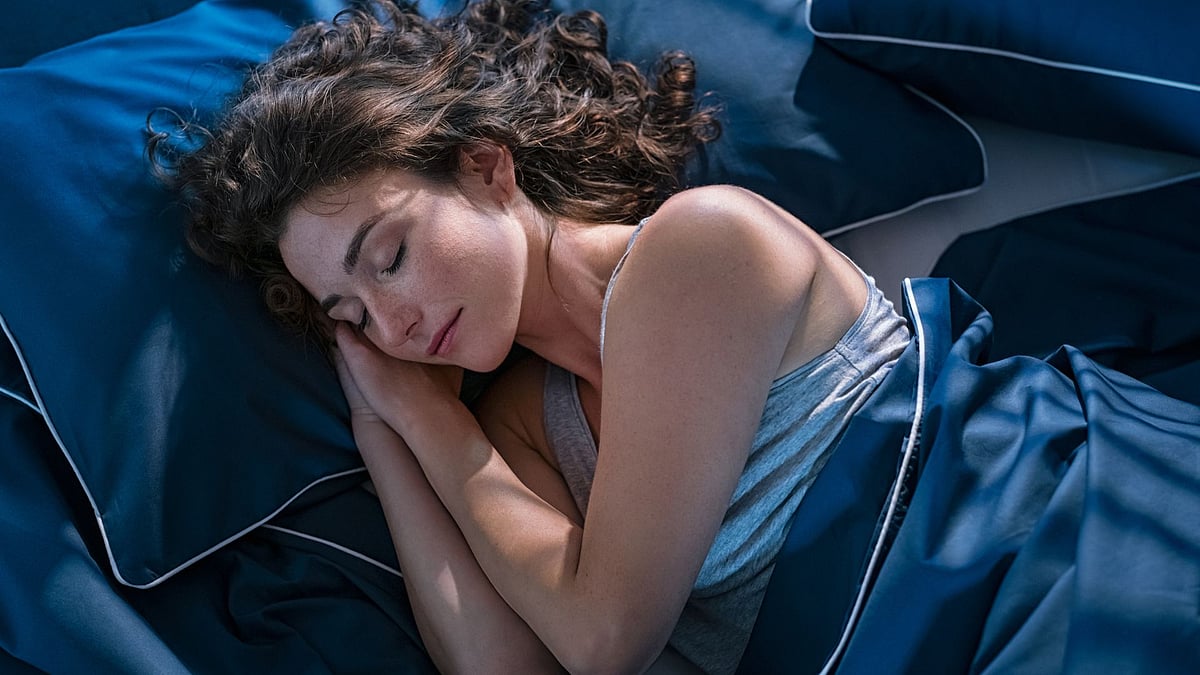With monsoon season in full swing, it is crucial to have top-notch medical experts guiding us through health risks of the season. On this episode of Buzz by the Bay, Anushka Jagtiani is in conversation with Dr. Jehangir Sorabjee, a renowned physician specialising in infectious diseases, and one of Mumbai’s finest.
In this episode, Dr. Sorabjee sheds light on monsoon health hazards, particularly dengue. When should one consider hospital admission? Essential prophylactic vaccines, including those for influenza, shingles, pneumonia, and cervical cancer.
His views on Ozempic, The long-term side effects of the COVID vaccine and The NEET scandal in India: we also discuss Dr. Sorabjee's personal journey and words of wisdom for young doctors. He says, ego is a very dangerous thing for doctors to have, and truly caring for a patient is what is most important.
Excerpts from the interview
Every monsoon the story is the same –infections are rampant. Must be a very busy time for you. Has the situation improved at all over the years?
Monsoon is always a tricky time because there’s plenty of problems going on. And even disruptions in transport, which means sometimes patients can’t get to the clinic. But Mumbai has improved – it’s become a little bit healthier. Previously we used to see a lot of patients with typhoid and viral hepatitis - certainly those numbers have become less. And even the number of patients with Malaria goes up and down but it’s not what it was like many years ago, partly also because the treatment has become so much more effective.
Which are the diseases that we only see in the monsoon? What is most prevalent right now?
Leptospirosis is a disease, which we only see in the monsoon. It’s caused by flooding and people having to walk through waters which get infected with rat particles, and that goes through the skin. People get Dengue towards the tail end of the monsoon and we see a lot of gastrointestinal diseases. A lot of people gastroenteritis, viral hepatitis, typhoid and sometimes even cholera. These tend to be more monsoon because the flooding tends to cause leakages in the sewage system and there’s contamination of your drinking water.
With Gastroenteritis can most people be treated at home?
Many can be treated at home. The problem with gastroenteritis is that people tend to get dehydrated, and then they can land up with kidney dysfunction. It’s difficult to let family members assess whether someone is getting dehydrated specially if they are elderly and they are on multiple other drugs, which they are taking. In certain conditions when you’re not sure what is happening it’s better to keep them under observation for a couple of days and fill them with IB fluids, get their bowels regularlised and then send them back.
How would you advise people to stay safe – especially from Gastro?
Basically the main thing is not to eat food that is potentially infected. SO if you eat hot, freshly cooked food you are generally ok. We do have a very good immune system and the acidity in your stomach is very powerful and is even capable of digesting and dissolving bone. So it is designed to destroy a lot of the infectious particles that come through. But sometimes if the acid is buffered by the fact that you’ve taken a big meal or are on antacids – then what happens is the acid levels drop and infectious materials can pass through and establish itself as an infection within your GI system.
Coming to Dengue – what are the main systems and do most people recover at home?
The thing with Dengue is that almost everybody gets a high fever and it’s very sudden. So if you get a fever, which hits 103 – 104 on day one or two. It is likely to be Dengue. Most people recover on their own with nothing in about 4 to 5 days. But some people will get complications of Dengue, which consist of very low platelet count which causes bleeding, or they get Dengue Shock Syndrome where the capillaries are damaged and the fluid in your blood vessels leaks into your tissues and therefore your blood pressure drops. But they are very uncommon and they tend to occur interestingly in people who have already had an attack of dengue in the past.
So a second attack of Dengue usually worse– why is that?
Because these people have developed antibodies and by getting a new infection, their antibody levels go very high and that causes damage because along with the Dengue virus they destroy your platelets and damage your blood vessels. It’s very common that many of the symptoms that we see in many diseases is not because of the infection per se but because of an overactive immune system…
Watch the full interview on Buzz by the Bay – on the Youtube Channel of The Free Press Journal











